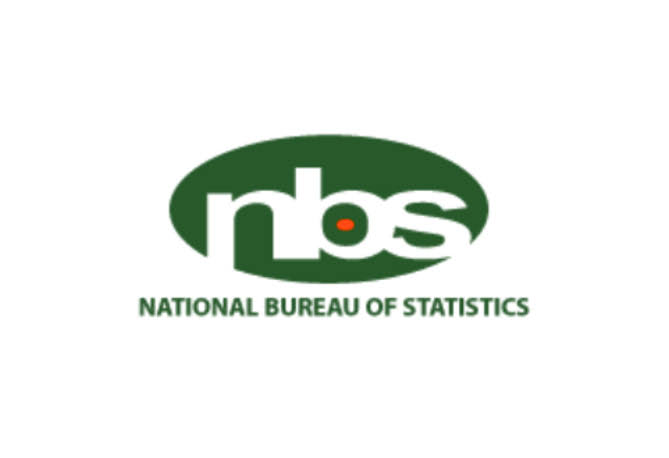
The National Bureau of Statistics (NBS) has announced plans to rebase Nigeria’s consumer price index (CPI), gross domestic product (GDP), and the Nigeria Living Standards Survey (NLSS). This initiative aims to ensure that economic data accurately reflects current realities and accounts for structural changes in the economy.
At a press briefing in Abuja on Thursday, Adeyemi Adeniran, the statistician general of the federation and CEO of NBS, emphasized the importance of this rebasing exercise, which will commence in November. “Economies undergo structural changes over time. The rebasing exercise helps to account for these shifts, offering a more accurate snapshot of the economy’s composition,” he stated.
Adeniran outlined the significant benefits of GDP rebasing, which include improved accuracy in growth measurements, enhanced policymaking capabilities, and bolstered credibility of economic data both domestically and internationally. He noted that the last time Nigeria’s economy was rebased was in 2010, marking a 14-year gap.
The NLSS, which generates the national poverty headline rate along with various household welfare, consumption, and expenditure indicators, will also undergo rebasing. This year-long survey is typically conducted every four to five years, with the last round completed in 2018/2019 and published in 2020, revealing a headline poverty rate of 40.1 percent.
In addition to the GDP, the NBS will also rebase the consumer price index to a reference period of 2023, replacing the outdated base period of 2009. Adeniran explained that rebasing involves aligning the weight and price reference periods closer to the present, which is crucial for accurately capturing the current consumption patterns of households across Nigeria.
He reiterated that moving forward, the rebasing process will be carried out every five years, in line with global best practices. “We want to be able to compare the data we collect from markets every month with a recent base year,” he said, highlighting the need for accurate and reliable data.
Addressing concerns about data integrity, Adeniran asserted that the NBS cannot afford to provide inaccurate information. He assured that the current administration has not interfered with the bureau’s activities, even in the face of unfavorable data releases, such as those regarding inflation rates. “We are not working to favor any government; we follow global best practices in our approach,” he affirmed.
As the NBS moves forward with these crucial updates, stakeholders are encouraged to engage with the bureau to ensure that the rebasing reflects the true state of the Nigerian economy, paving the way for more effective policymaking and economic planning.
